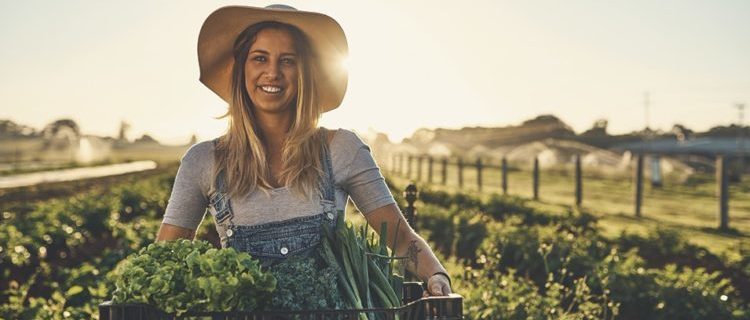By Rhonda Bowen
Spring is just around the corner and it’s time to prepare for success in your lawn, landscape and garden. Establishing a healthy soil is paramount to achieving this. As an avid gardener for many years, agronomist and retired Recycling Manager for HRSD, I have come to understand how important soil quality is and the best ways to improve soil health. The soil has many important functions. It provides:
- Water – soil provides nearly all water needed for plant growth
- Oxygen – soil aeration exchanges soil and atmospheric air to maintain sufficient oxygen for plant growth
- Nutrients – plants obtain 14 of the 17 nutrients needed for plant growth from the soil (Carbon, Oxygen and Hydrogen come from air and water)
If the soil is lacking the appropriate amount of water, oxygen and nutrients, plant growth will suffer. For proper root growth, pore space also matters. In clay soils, the pore space is severely compacted and restricts the ability of roots to grow. In sandy soils, the pore space is too large. Water and nutrients pass through the soil too quickly which limits the ability for roots to use the water and nutrients most efficiently. Most roots are found in the upper 12 inches of soil, so it is essential to prepare the soil properly for optimum results.
One of the best ways to improve soil quality and health is to add organic matter. There are many products available for adding organic matter; however, I am going to focus on one of my favorites – biosolids compost. Biosolids compost is a high-quality product produced by water recycling facilities. Its production is regulated by federal and state authorities that ensure the use of the product is safe for homeowners. Biosolids compost not only improves the soil, it also conserves energy and natural resources, reduces air and water pollution, saves landfill space and is a renewable resource, unlike soil.
The benefits of biosolids compost are many:
- Replenishes valuable organic matter and adds essential slow-release nutrients (nitrogen and phosphorus) and essential micronutrients (calcium, iron)
- Increases water infiltration and water holding capacity
- Reduces soil compaction, soil erosion, and runoff
- Increases the ability of soil to hold nutrients
- Reduces soil acidification, and increases buffer pH
- Provides carbon (energy) for beneficial soil microbes
- Weed Free
- Provides for carbon sequestration in soils (reduces greenhouse gases)
Biosolids compost has many uses in the urban landscape. It can be used to:
- Establish a new lawn
- Top dress an existing lawn
- Establish new or existing beds
- Establish vegetable gardens
- Mend bare spots
- Plant trees, shrubs, flowers, bulbs
- Make enriched potting soil
To establish a new lawn the best time to add the compost is in the early fall typically before mid-October in Virginia. The process involves applying approximately 1 inch of compost to the bare or mostly cleared soil (3 yd3/1,000 ft2), Roto-till into the existing soil then add seed or sod, water thoroughly until new seedlings/sod a well-established.
For and existing lawn it is important to core aerate then top-dress the soil with approximately ¼-½ inch compost, rake out evenly, add seed and water thoroughly.
When planting trees & shrubs, dig hole 2 times size of root ball; mix 1/2 compost with existing soil; backfill the hole with compost/soil mix and water.
For a vegetable garden, prepare the soil prior to planting by adding 1-2 inches of compost, mix into the top 4-6 inches, plant seeds of plants and water.
For a new or existing flower and landscape beds add 1-2 inches of compost, mix into the top 4-6 inches, and water.
Biosolids is a proven product that has been thoroughly researched by leading universities and colleges such as Virginia Tech and Ohio State, among many. It has been successfully used in Virginia and the U.S. for decades. Compared to other compost products, biosolids compost offers more benefits and typically higher nutrient value. Because its process is highly regulated, the quality and consistency are typically better than other similar compost products.
Rhonda Bowen is retired and lives in Virginia Beach. She is the former recycling manager for the Hampton Roads Sanitation District.
